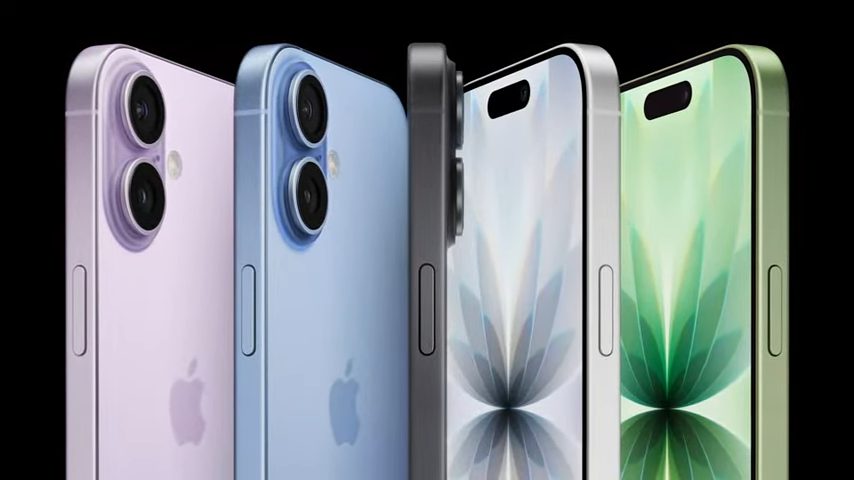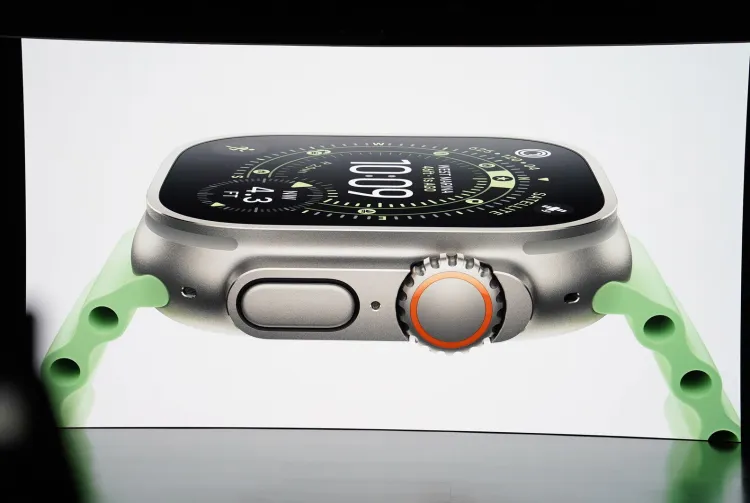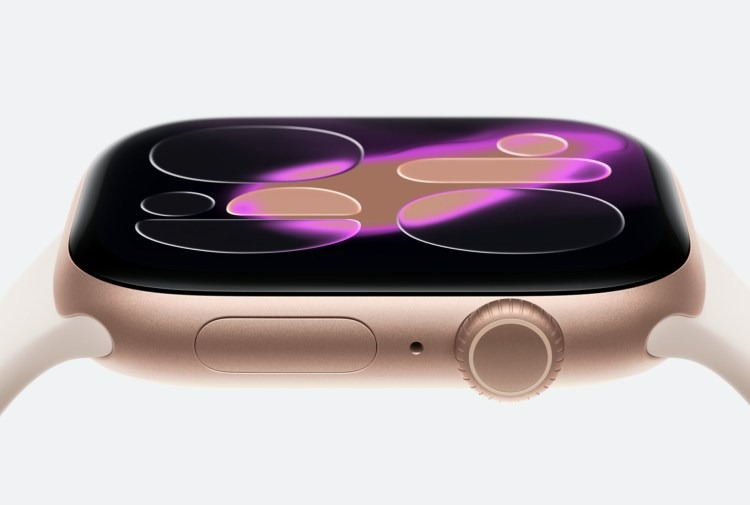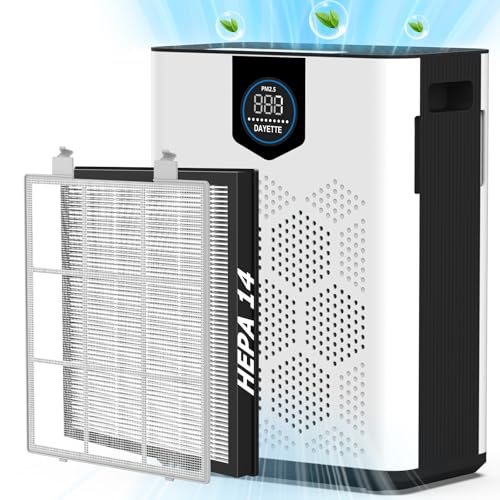The Trump administration’s summer decision to let Nvidia resume selling H20 AI chips to China just triggered a bureaucratic fire alarm. Twenty national security veterans fired off a letter to Commerce Secretary Howard Lutnick, essentially screaming “What the hell are you thinking?” in the polite language of Washington policy wonks.
These aren’t your typical DC hand-wringers either. The letter calls the July policy reversal a “strategic misstep” that hands China exactly the hardware it needs to leapfrog American AI development. Here’s the kicker: while Nvidia markets the H20 as their “fourth-best” chip, it actually outperforms supposedly superior models on AI inference—the computational heavy lifting that powers everything from ChatGPT responses to autonomous vehicle decisions.
The Real Performance Story
Think of it like Netflix’s recommendation algorithm versus Disney+’s. On paper, Disney+ should dominate with superior content libraries, but Netflix’s algorithm just works better for what users actually want. The H20 operates similarly—designed specifically for the tasks Chinese companies prioritize most.
Chinese tech behemoths including Tencent, Baidu, and ByteDance are already deploying similar chips to power their AI ambitions. Rep. John Moolenaar warns that “the relevant comparison is between H20 and chips domestically available at a relevant scale in the Chinese market”—where this hardware “far surpasses China’s indigenous capability.”
Competing Narratives Clash
The administration defends its position like a parent explaining why they bought their teenager a sports car: “It’s not that fast, really.” Commerce officials argue the H20 was engineered to comply with export restrictions and represents a reasonable compromise in ongoing trade negotiations over rare earth minerals.
Security experts aren’t buying it. They point to documented cases where Chinese firms have used export-controlled chips for military-linked supercomputing projects, potentially violating existing regulations. The letter bluntly states: “The H20 is a potent accelerator of China’s frontier AI capabilities, not an outdated AI chip.”
This chip war reflects broader tensions about technological sovereignty—essentially, who controls the digital infrastructure that will define the next decade of innovation. Your smartphone‘s AI features, autonomous vehicles, and even social media algorithms all depend on these specialized processors. The question isn’t just about trade policy; it’s about which country’s tech companies will shape how AI develops globally.
The stakes couldn’t be higher for maintaining America’s edge in a technology race that’s already reshaping everything from military strategy to economic competition.




























